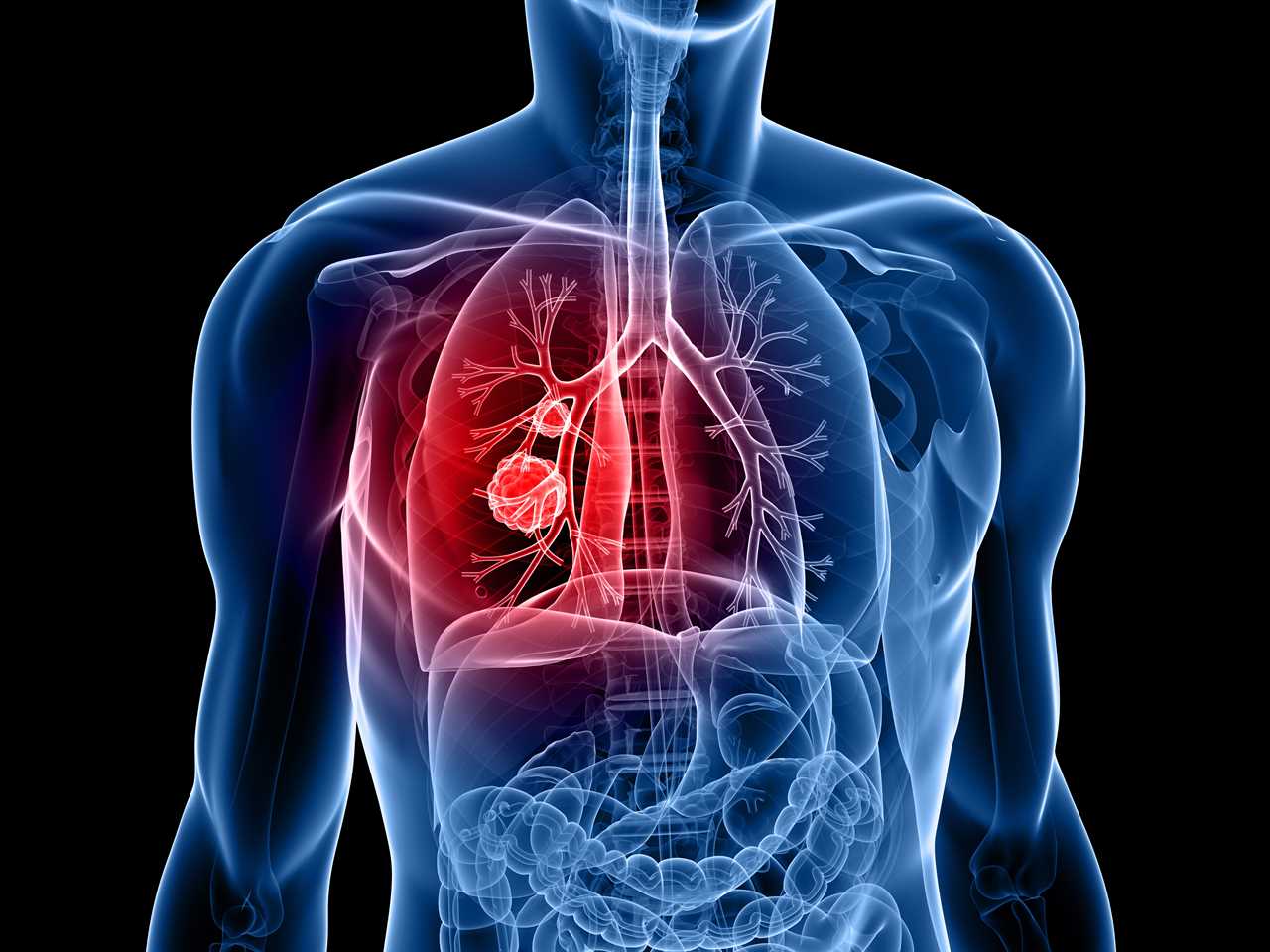LUNG cancer can cause a variety of symptoms, with some warning signs being less subtle than you might expect.
Alongside heavy coughing and blood in mucus, a more uncommon one can strike immediately after you wake up.

Night sweats can be a sign of lung cancer you notice as soon as you wake up, experts say
Suffering a fever or waking up drenched in sweat could be tell-tale signs of the deadly disease.
Lung cancer accounts for around 13 per cent of all new cases of the disease each year and each day, around 130 people are told they have the illness.
A Place in the Sun star Jonnie Irwin has revealed his battle with the illness in recent months.
Dame Esther Rantzen also revealed she had been diagnosed with the condition at 82.
It is the UK’s biggest killer, with more than 35,000 losing their lives every year.
But spotting it early can help your prognosis, often allowing doctors to stop the disease in its tracks before it spreads to other parts of the body.
One less well-known sign of lung cancer is night sweats.
As your body fights off the tumour it can start to heat up, causing the body to sweat profusely overnight.
Sweats can also be caused by fever, which is more common in the later stages of the disease, it could strike at any time.
Fevers are usually triggered by an infection, which is more common with lung cancer.
They can also be caused by low levels of disease-fighting white blood cells, which can occur after radiotherapy or chemotherapy.
Sweats can also be a result of hormone changes, triggered by the tumour or treatments.
Cancer Research UK said: “Sweating can be a symptom of cancer, or may be due to cancer treatment.
“It can be very distressing. It can also be embarrassing if you are in a social situation.
“There are things you can do to help. And your doctor may be able to prescribe medicines to control it.”
Patients are encouraged to ensure they hydrate properly, take off layers, use a damp towel and keep the room at a comfortable temperature.
Alongside night sweats, experts at Cancer Research UK warn there are nine other common symptoms of the disease.
They are:
- having a cough most of the time
- having a change in a cough you have had for a long time – it may sound different or be painful when you cough
- getting out of breath doing the things you used to do without a problem
- coughing up phlegm (sputum) with blood in it
- having an ache or pain in the chest or shoulder
- chest infections that keep coming back or a chest infection that doesn’t get better
- losing your appetite
- feeling tired all the time (fatigue)
- losing weight






